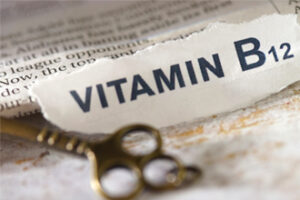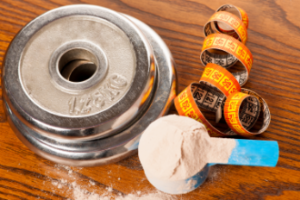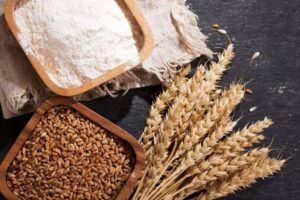Since the Corona outbreak, there are a lot of discussions on washing vegetables and sanitizing the grocery etc. Some of this information is relevant, and some of it sounds like an epic ceremony. Let’s understand the science, dispel fear, act, and be safe.
Vegetables and fruits – Before reaching our kitchen, at the farm, these are exposed to natural elements and soil microbes. In an industrial farm, these are also possibly exposed to pesticides, growth hormones, fertilizer residues, and toxins from the chemically killed insects, fungus, bacteria, etc.
During transit, these can be sprayed with preservatives.
Before reaching the market, they may get a dash of chemical color, ripeners, wax/polish, bleaches, and packing contamination. During this time, longer the chain, more hands, surfaces, and transfers, your food passes through (irrespective of it being organic or non-organic), is where the coronavirus many enter the chain, through an affected handler or surface.
You can now see (actually not) the kind of invisible things that are possibly sticking to everything we bring home!
So what can you do ? Here are simple steps to save you a lot of trouble.
Buying –
1. Choose organic/natural over chemically grown.
2. Choose local. Ideally buy directly from the farmer (if you have such access) to reduce the transit steps.
3. Eat seasonal and fresh to eliminate the chances of consuming preserved, ripened, and polished (more hands touching = more risk of contamination).
4. Avoid overly packed/wrapped fruits and vegetables. (More surface=more chemical contamination, and more space for the virus to sit)
Handling-
Especially after the Covid19 outbreak, it is wise to stay conscious of the possible presence of the virus at the shop, on packing, and on the surface of vegetables.
During the first handling, it is strongly advised to wear gloves and a mask to cover the nose and mouth in order to prevent the virus to move from hands to mouth/nose. After entering the house, wash hands with soap properly.
At home, we have one designated table where all produce is kept before it is cleaned. Everyone knows that that produce is not to be touched.
Cleaning –
1. For the coronavirus- The virus has a fatty layer around it and something that breaks this layer can help decontaminate.
So Vinegar or lemon juice can be helpful. Take a cup of vinegar/lemon juice in 4-5 litres of water and keep the fruits/vegetables dunked in for 15 -30 min.
This will also clean the oil-based polishes.
Alternatively mix regular salt (3-4 tablespoons) in the water and use this to wash the produce.
Rinse with clean water and lay them to dry.
2. Other Bacterias/microbes – Add baking/cooking/meetha soda (1 teaspoon/5 liter water) or wood ash (a teaspoon/5 liters) to water and soak the rinsed vegetables in this solution for 10 minutes. The alkalinity will neutralize the regular microbes and the soap residues on the surface. It also is known to remove/neutralize some pesticides.
Rinse with clean water and lay them to dry.
Also read
A. If you are growing and harvesting your own vegetables organically, most of these steps are not required. If your produce is being handled by an outsider, you can do step1.
B. If you are buying directly from the farmer, you know that the produce has the least miles and touches, you can just do step 1 and optionally Step 2.
C. In all other cases (organic produce, but travelled a long distance, or commercial produce), follow steps 1 and 2.
These steps will help in taking care of (most) surface contaminants.
After going through this, we now see, how beneficial it can be for us to :-
- Grow (at least some) of our own food.
- Know our local farmer. Heck, just like we have a family doctor, how cool it would be to have our family local farmer.
- Buy food which has not travelled long distances to reach us.
It’s a win-win. We get food that is safe for us, (also because it is healthier and fresher), it helps the local economy and the farmer, and wonderful for Mother Earth (having travelled less miles).
The blog post has excerpts from and is inspired by a write up by Manas Arvind on www.gofmonline.in
 EAT PLANTS
EAT PLANTS MOVE DAILY
MOVE DAILY SLEEP MORE
SLEEP MORE



